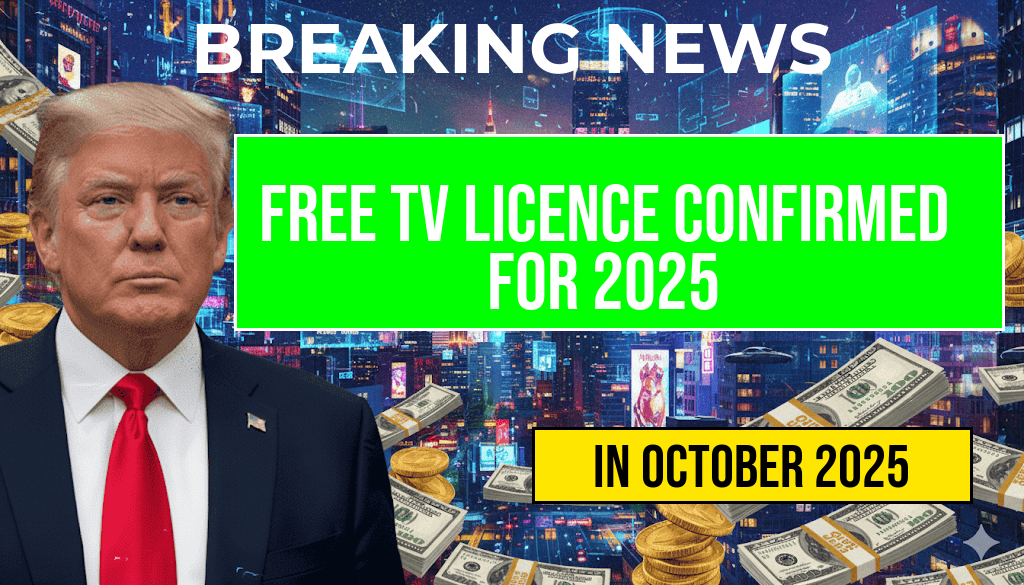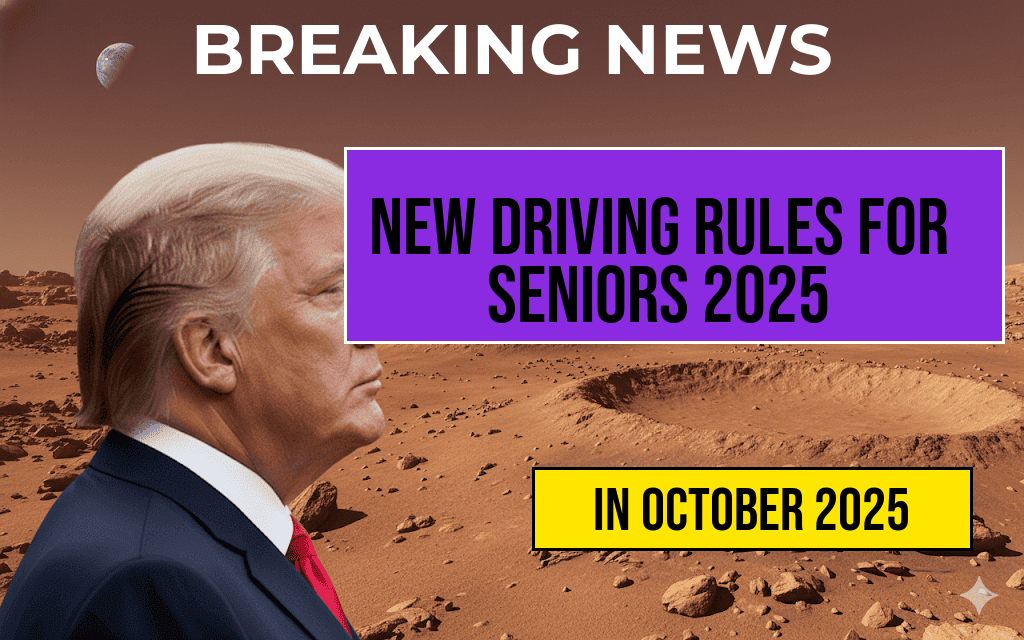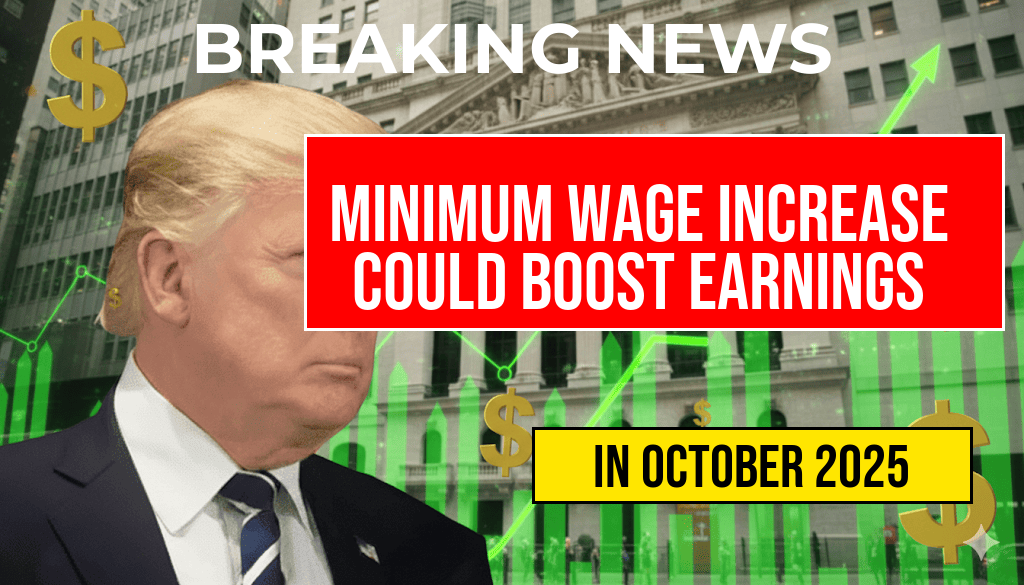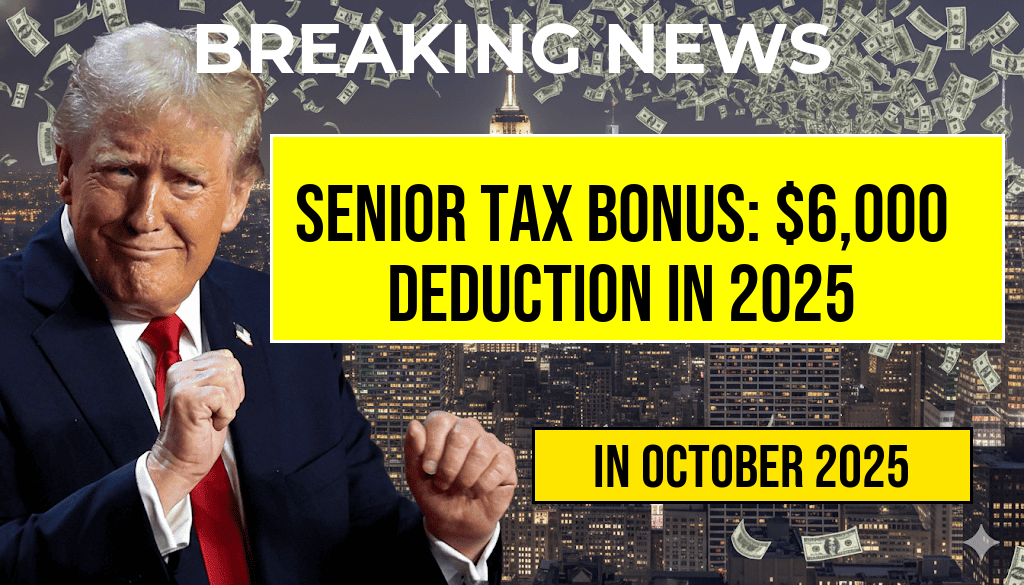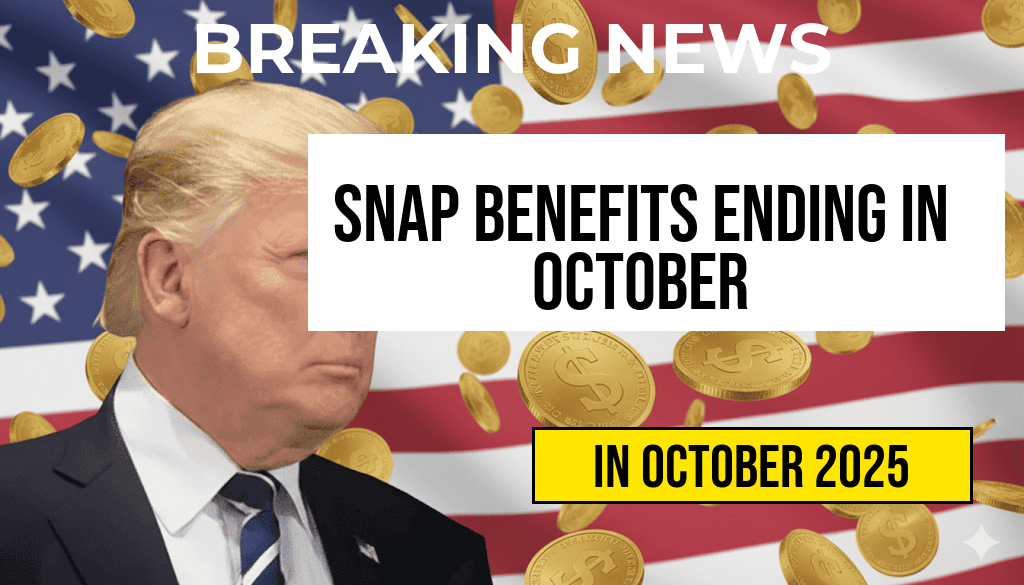The government has officially announced that free television licences will continue to be available for eligible individuals through 2025, ensuring that millions of seniors and low-income households maintain access to broadcast services without additional costs. This decision aims to uphold longstanding commitments to support vulnerable populations amid ongoing debates about media accessibility and public funding. Eligibility criteria remain largely consistent with previous years, but there have been recent clarifications to streamline the application process and expand awareness about qualification standards. The move is part of broader efforts to preserve public broadcasting accessibility and address concerns over digital divides that risk leaving some communities behind. For those seeking to understand whether they qualify for the free TV licence in 2025, this article provides a comprehensive overview of eligibility requirements, application procedures, and recent policy updates.
Background on the Free TV Licence Program
The free TV licence scheme was introduced decades ago to assist pensioners and low-income households in accessing free over-the-air television broadcasts. Traditionally, the program has covered individuals aged 75 and older who meet specific income criteria, with recent expansions aiming to include a broader demographic. The initiative is administered by the relevant broadcasting authority, which verifies eligibility based on age, income, and residency status. Over the years, the scheme has faced scrutiny amid debates over funding sustainability and digital transformation, prompting policymakers to reaffirm its importance and extend the license fee exemption through 2025.
Eligibility Criteria for 2025
For the upcoming year, eligibility remains focused on specific demographic and financial factors. The main qualifying groups include:
- Seniors aged 75 or older who meet the income threshold.
- Low-income households that include individuals below the specified income level, regardless of age.
- Residency requirements: applicants must be residents of the country and hold valid residency status.
Income Thresholds and Documentation
Applicants must demonstrate their income falls below a set annual limit, which is adjusted annually for inflation. Accepted forms of proof include:
- Tax returns or income statements
- Benefit award notices
- Bank statements showing income deposits
Specific income limits are published on the official government website and are subject to change. For 2025, the threshold is projected to remain similar to previous years, with detailed figures available on the government’s official portal.
Application Process and Important Deadlines
To apply, eligible individuals must complete the online application form or submit a paper form via mail. The process involves verifying identity, residency, and income status. Applicants are advised to gather relevant documentation beforehand to expedite approval. The government recommends submitting applications as early as possible to ensure uninterrupted service, especially as renewal deadlines approach in late 2024 and early 2025.
Key Steps for Applicants
- Visit the official application portal or local service centers.
- Prepare necessary identification and proof of income.
- Complete the application form accurately, paying close attention to eligibility questions.
- Monitor application status and respond promptly to any requests for additional information.
Once approved, recipients receive a confirmation notice and are not required to pay the license fee for the upcoming year. The government emphasizes that renewal is automatic for ongoing eligible recipients, but individuals should verify their status annually.
Recent Policy Updates and Future Outlook
| Aspect | 2024 | 2025 |
|---|---|---|
| Age Eligibility | 75+ years | 75+ years |
| Income Threshold | Same as previous year | Projected to stay the same |
| Application Process | Online & mail-in options | Same, with potential streamlined procedures |
| Policy Duration | Extended until end of 2024 | Extended through 2025 |
Officials have indicated that discussions about the long-term future of the free licence program are ongoing, with some advocating for broader inclusion criteria to adapt to evolving media consumption habits. The government’s commitment to maintaining free access for vulnerable groups suggests that the scheme will continue to adapt, balancing fiscal responsibility with public service obligations. Updates and detailed eligibility rules can be found on the Office of Communications (Ofcom) website, which oversees broadcasting regulations.
Implications for Consumers and Advocacy Groups
For consumers, the extension of free TV licences provides reassurance that access to essential broadcast services remains affordable amid rising living costs. Advocacy organizations continue to emphasize the importance of clear communication about eligibility and the application process to prevent eligible individuals from missing out. They also urge policymakers to consider future enhancements, such as integration with digital and streaming platforms, to ensure equitable access in an increasingly digital media landscape.
As the policy landscape evolves, staying informed through official channels remains crucial. Eligible residents are encouraged to review their status regularly and prepare necessary documentation well ahead of renewal deadlines to avoid disruptions in service. The government’s reaffirmation of free TV licences through 2025 underscores a continued commitment to supporting vulnerable populations in accessing vital media services.
Frequently Asked Questions
Question
Who is eligible for the free TV licence in 2025?
Question
What are the current qualifying criteria for receiving a free TV licence in 2025?
Question
How has the government’s announcement impacted existing free TV licence recipients?
Question
Are there any age restrictions or other eligibility factors for the free TV licence in 2025?
Question
Where can I find more information about applying for or renewing my free TV licence in 2025?

